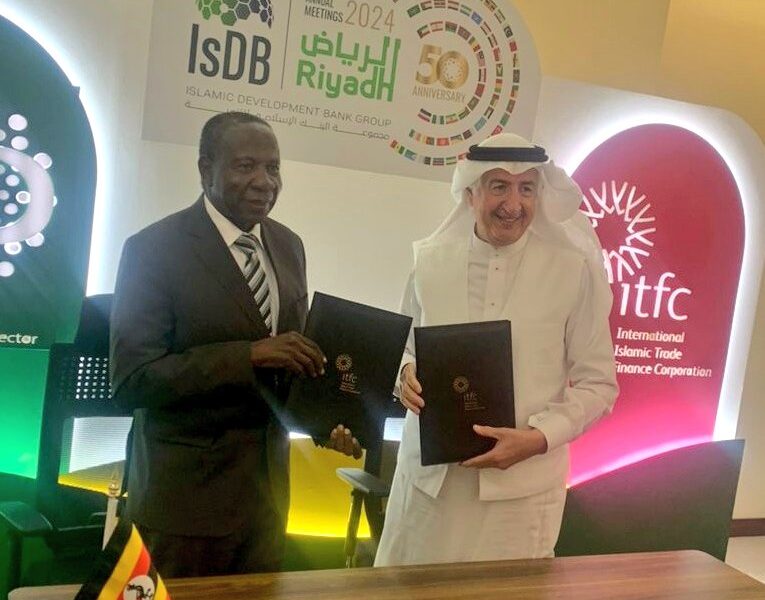In a bold move indicative of its evolving economic strategy, Uganda, a vibrant East African nation home to approximately 47 million people, has inked a significant financial deal with Saudi Arabia’s Islamic Development Bank. This landmark agreement underscores Uganda’s determination to diversify its sources of investment and reduce reliance on traditional lenders like the World Bank.
The decision to engage with the Islamic Development Bank follows a period of discord between Uganda and the World Bank, triggered by disagreements over conditions tied to Uganda’s domestic legislation, notably the Anti-Homosexuality Act of 2023. In response to what it perceives as undue interference in its internal affairs, Uganda has sought alternative avenues for financing, leading to the lucrative partnership with Saudi Arabia.
The $295 million investment, secured during negotiations attended by Uganda’s finance minister in Riyadh, will be channeled into critical infrastructure projects aimed at driving economic growth. Key initiatives include the construction of a pivotal bridge spanning a segment of the Nile River and the expansion of road networks to enhance national connectivity and facilitate trade.
Uganda’s strategic pivot towards Saudi Arabia represents a broader trend observed across the African continent, where nations are increasingly exploring new economic partnerships to propel development. By diversifying its financial alliances, Uganda aims to assert greater control over its economic destiny while fostering mutually beneficial relationships grounded in pragmatic cooperation.
As Uganda embarks on this transformative journey, it signals its readiness to embrace innovative approaches to economic development and collaborate with partners who prioritize shared prosperity over ideological differences. This shift underscores Uganda’s emergence as a proactive player in shaping its economic future and underscores Africa’s growing agency in the global economic landscape.






